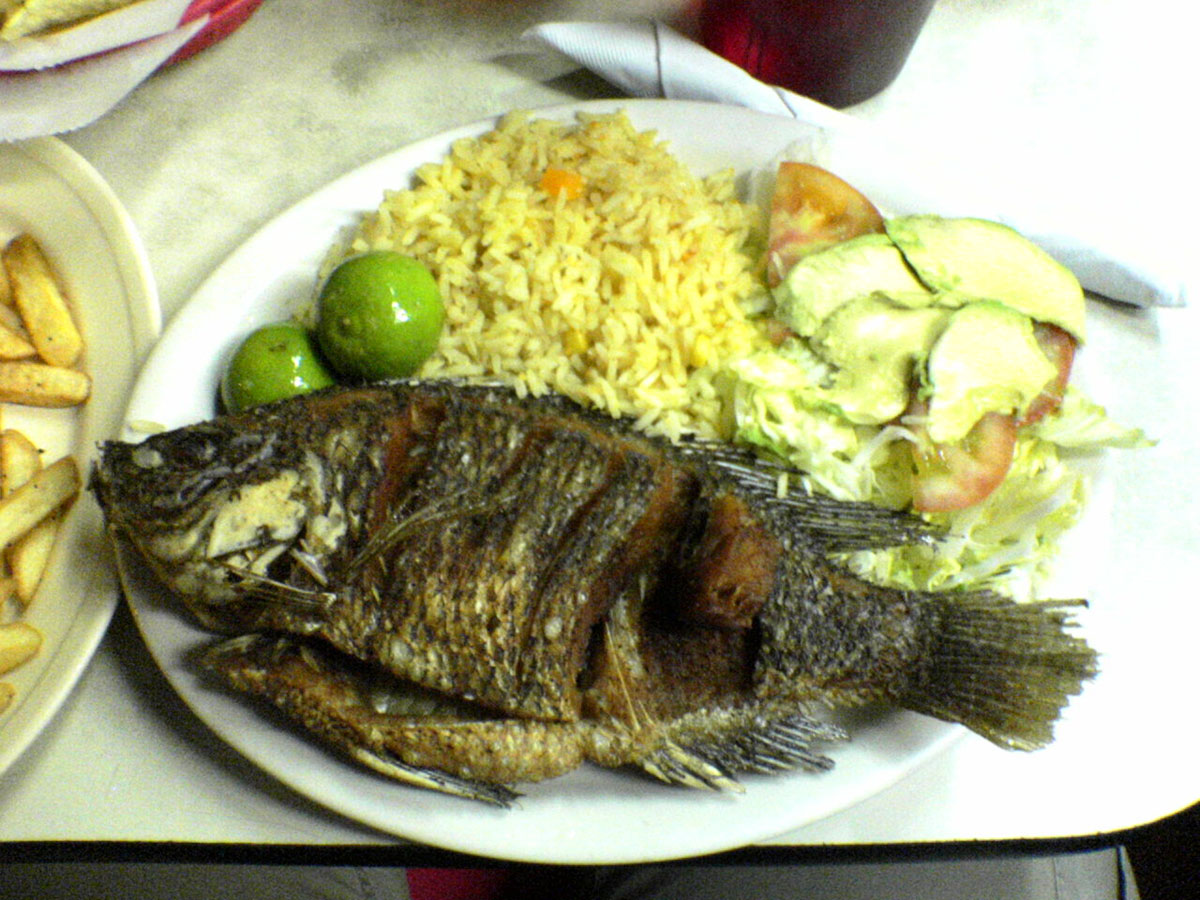Table of Contents
Muslim Fasting And Its Impact On Health
Some people call it surgery without a knife. Ramadan is a 28 to 30 day fast in which foods and drinks are prohibited during daylight hours. Lately, a number of serious scientific studies confirmed the benefits of Muslim fasting for human health. The scientific journal Annals of Nutrition and Metabolism published several scientific papers on the impact fasting has on health. These papers revealed that fasting during Ramadan induces a marked increase in high-density lipoprotein cholesterol (“good” cholesterol) and a decrease in low-density lipoprotein cholesterol (“bad” cholesterol).
It also has a positive effect on serum lipid levels, coagulation status and plasma homocysteine levels, and positively influences the levels of interleukin-6, C-Reactive Protein and other biochemical parameters. Collectively, these changes in the body improve inflammatory parameters and reduce the risk factors associated with cardiovascular diseases.

Daniel Fasting – The “No meats, No Sweets” Fast
The Daniel Fast is a 21-day partial fast based upon Daniel's own experiences as recorded in the Bible. The followers avoid animal products and preservatives, and mostly consume fruits and vegetables.
In a study published in the journal Lipids in Health and Disease about the impact of the Daniel Fast on the metabolic and cardiovascular disease risk factors, researchers concluded that the Daniel Fast is well-tolerated by men and women and improves several risk factors for metabolic and cardiovascular disease.
Furthermore, the investigation published in the journal Nutrition found that there are some other advantages of the Daniel Fast, such as lowering blood pressure and reducing the level of lipids in blood, as well as positive effects on insulin resistance and biomarkers of oxidative stress.
Health Benefits Of Religious Fasting
Shelton summarizes the health benefits of religious fasting perfectly in his book Le Jeune:
- Fasting relaxes the body and removes some difficulties (facilitates the work of the digestive system, because it reduces fat and uric acid in blood). Increased fat in blood leads to arterial stiffness, and increased uric acid can cause gout and arthritis;
- It facilitates the work of the kidneys and the urinary channels by reducing urination;
- It sharpens the vision: after fasting people see and feel twice time better;
- It removes toxins accumulated in the body and prevents the absorption of substances accumulated in the intestine;
- It enhances the discernment of the mind; (excessive food intake full with fats leads to laziness, lethargy and poor reflection);
- It activates the digestive system and promotes its work;
- It dissolves higher material accumulated in diseased tissues;
- It rejuvenates and revitalizes the various cells and tissues;
- It protects against obesity, and therefore, various diseases that are the consequence of excess body weight. It is much easier to prevent than cure obesity.
A Word Of Caution
Like with any other health-related practice, people should use common sense when considering fasting. A recent problem in Pakistan when hundreds of people died during a heat wave is a perfect illustration of this point. The heat wave happened during the Holy month of Ramadan, and many people refused drinking water during the day, despite the risk of being severely dehydrated.
READ You Have Some Eggsplaining To Do: Are Eggs Really As Bad As Smoking?
In general, a doctor’s advice on appropriateness of a particular fasting regime to your personal health must always be taken in consideration.
- Trepanowski JF, Bloomer RJ. (2010). The impact of religious fasting on human health. Nutrition Journal. 9:57
- Sarri K, Linardakis M, Codrington C, Kafatos A. (2007). Does the periodic vegetarianism of Greek Orthodox Christians benefit blood pressure? Prev Med. 44(4):341-348
- Sarri KO, Linardakis MK, Bervanaki FN, Tzanakis NE, Kafatos AG. (2004). Greek Orthodox fasting rituals: a hidden characteristic of the Mediterranean diet of Crete. Br J Nutr. 92(2):277-284
- Adlouni A, Ghalim N, Benslimane A, Lecerf JM, Saile R. (1997). Fasting during Ramadan Induces a Marked Increase in High-Density Lipoprotein Cholesterol and Decrease in Low-Density Lipoprotein Cholesterol. Ann Nutr Metab. 41(4):242-9
- Aksungar FB, Eren A, Ure S, Teskin O, Ates G. (2005). Effects of Intermittent Fasting on Serum Lipid Levels, Coagulation Status and Plasma Homocysteine Levels. Ann Nutr Metab. 49(2):77-82
- Aksungar FB, Topkaya AE, Akyildiz M. (2007). Interleukin-6, C-Reactive Protein and Biochemical Parameters during Prolonged Intermittent Fasting. Ann Nutr Metab. 51(1):88-95
- Bloomer RJ, Kabir MM, Canale RE, Trepanowski JF, Marshall KE, Farney TM, Hammond KG. (2010). Effect of a 21 day Daniel Fast on metabolic and cardiovascular disease risk factors in men and women. Lipids in Health and Disease. 9:94
- Shelton HM. (1970). Le jeune. Le Courrier Du Livre
- Photo courtesy of Hamed Saber via Flickr: www.flickr.com/photos/hamed/54801811
- Photo courtesy of jeffk via Flickr: www.flickr.com/photos/jeffk/110547236


Your thoughts on this